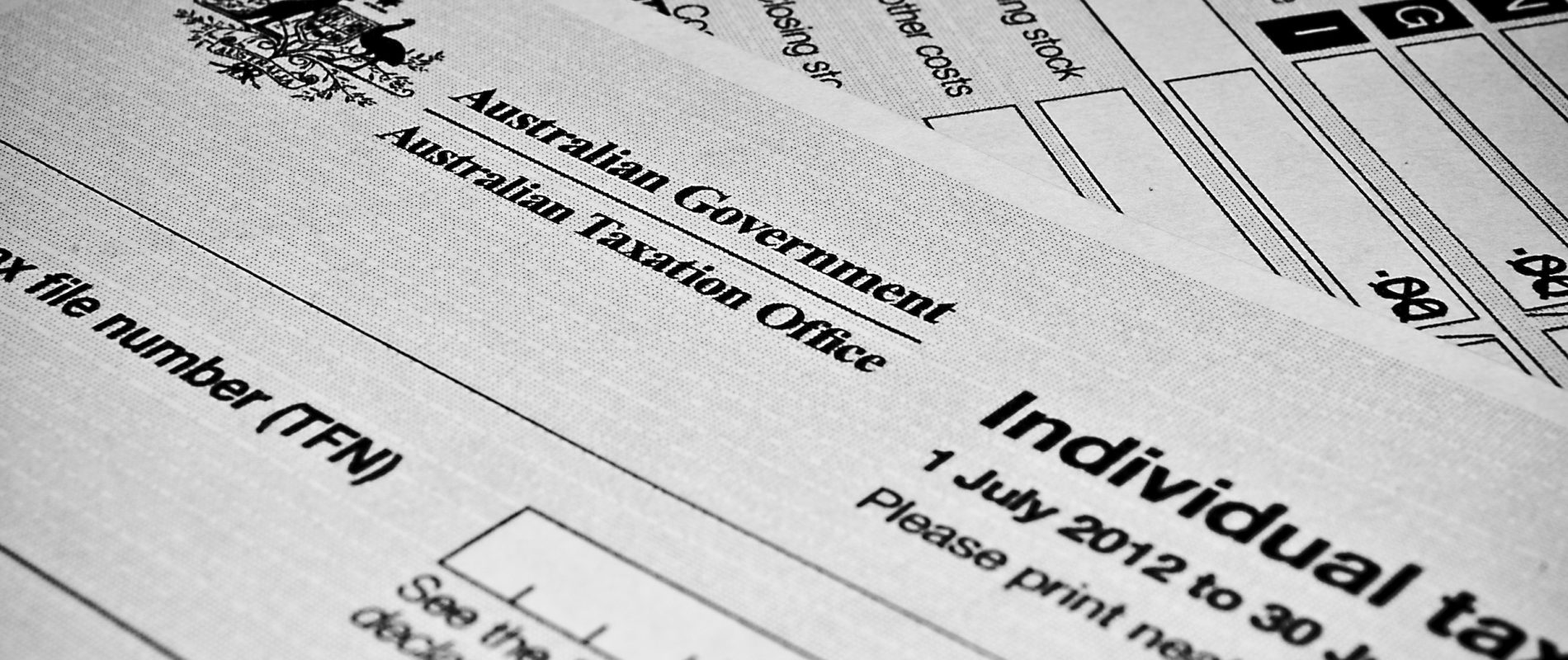Tax returns and tax refunds in Australia
If you paid too much tax on your income during the fiscal year, you may get some money back after lodging your tax return.
Who has to lodge a tax return?
Working holiday makers don’t necessarily have to lodge a tax return at the end of the fiscal year.
It is optional to lodge a tax return if both of the following apply:
- All your income was earned as salary and wages (i.e. as an employee, not self-employed)
- Your total taxable income for the fiscal year (July 1-June 30) was less than $45,001
It is mandatory to lodge a tax return if one or both of the following apply:
- You earned income as a self-employed individual
- Your total income for the fiscal year (July 1-June 30) was more than $45,000
As a working holiday maker, the first $45,000 of your income is taxed at 15%, after which you will be taxed based on the rates laid out in Chapter 2. If you earn more than $45,000 in a fiscal year and notice that you’re still being taxed at 15% on your pay slips, start saving money because it means you’re not paying enough taxes! The ATO will ask for the balance owed when you lodge your tax return.
If you think too much tax has been withheld from your pay and you could be eligible for a refund, be sure to lodge a tax return.
Who gets a tax refund and why?
For working holiday makers, it’s unfortunately rare to get a tax refund, unless:
- The wrong tax rate was applied and you overpaid taxes
- You can claim deductions for some of your expenses
Common calculation mistakes
It’s possible to either pay too much tax or not pay enough and end up owing money to the ATO.
A common mistake could be not providing your first employer with your TFN within 28 days of starting work—your employer would have to withhold 45% of any payment made to you. Or if your employer didn’t register as an employer of working holiday makers, tax would be withheld on your pay slip at 32.5% instead of the 15% working holiday maker rate.
In both of the examples above, you can lodge a tax return to claim the overpayment back.
Tax deductions you may be entitled to
You may be entitled to claim deductions for some expenses if:
- you spent the money yourself and weren’t reimbursed by your employer
- the expenses directly relate to earning your income
- you have a record to prove you spent the money yourself
These are examples of expenses for which you may be able to claim a deduction:
- Vehicle and travel expenses (although note that typical commute expenses are usually not eligible)
- Clothing, laundry and dry-cleaning expenses (for occupation-specific uniforms and protective clothing)
- Home office expenses (for remote employees working from home)
- Self-education expenses related to your current work activities (e.g. training course fees)
- Tools, equipment and other assets
- Other work-related deductions (e.g. books, Internet and phone expenses, conferences, union fees, etc.)
Here are typical examples of expenses a working holiday maker may incur and not receive reimbursement from the employer for:
- Work uniform or protective clothing (e.g. safety vests, helmets, steel-capped boots, gardening gloves, apron, etc.)
- Picking bag and spinnet for fruit picking jobs
- Gas expenses when you use your own vehicle for work-related duties (e.g. making deliveries)
- Bus, train or plane tickets when travelling for work (e.g. to attend a trade show)
- Expenses when you use your own phone or Internet plan—for work purposes only; you can’t expense personal usage!
Expenses not eligible for deductions
Note that the following expenses are not eligible for deductions:
- Car or public transportation expenses for regular commutes between home and work (or journeys you make while interviewing for jobs)
- The cost of purchasing or cleaning clothes you bought to wear for work that are not specific to your occupation—for instance, swimwear for a swimming instructor or black pants/white shirt for a bartender is considered “everyday in nature”
- Meals bought during your regular work hours (but you can claim a deduction for overtime meals)
Keeping records of expenses
If your total claim for work-related expenses is more than $300 ($150 for clothing expenses), you must have written evidence to prove your claims, so make sure to keep receipts or invoices. The receipts must show the name of the supplier, the amount of the expense, the nature of the goods or services, the date the expense was paid and the date of the document. You’re supposed to keep them for five years in case the ATO asks for proof.
The ATO may also check with your employer to make sure you weren’t reimbursed for your claimed expenses.
Are the Responsible Service of Alcohol course for the RSA certificate and construction induction training for the White Card eligible expenses?
Short answer—it depends. Most businesses offering such training assure that taxpayers can claim expenses for all educational courses. However, there’s some fine print conveniently not mentioned: for work-related self-education expenses, the first $250 is not deductible. If the RSA training course is $160, the training is not deductible. If the same course is $350, you may be able to deduct $100.
The ATO also states that self-education expenses must relate to your current work activities as an employee. For example, if you currently work as a fruit picker and you’re taking the RSA training course to get a job as a bartender, your RSA course will not be eligible for a tax deduction. If you work as a server and your employer requires you to take the RSA training course, the cost of the training will be tax deductible.
If you’re lodging a tax return, it doesn’t hurt to list all the courses you paid for, if applicable. Tax law is complicated—who knows, you could get some deductions.
Are there any other common expenses I may be able to claim?
You can claim a tax deduction for donations of $2 or more made to “deductible gift recipients” (DGRs), i.e. organisations entitled to receive tax deductible gifts. However, you cannot receive any material benefit in return—if you buy clothes at a charity shop, for instance, this is not an eligible expense.
When you make a donation, the DGR will usually issue you with a receipt—keep it as proof.
The cost of managing tax affairs is also tax deductible. If you hire an accountant to prepare and lodge your tax return on your behalf, you can claim the fees you’re paying for the service—or rather, the accountant will claim the fees they charge when they prepare your tax, because that’s what you’re paying them for!












 Français
Français English
English




(2) Comments
Bonjour, nous sommes un couple de pvtiste. Est-il possible d’ouvrir un seul compte de superannuation ? Ou doit on obligatoirement en avoir 1 chacun ?
Merci d’avance
Clémence
Salut ! Il vous en faut un chacun je pense, comme vos salaires sont individuels et que la superannuation est calculée selon ces salaires.
{{like.username}}
Loading...
Load more